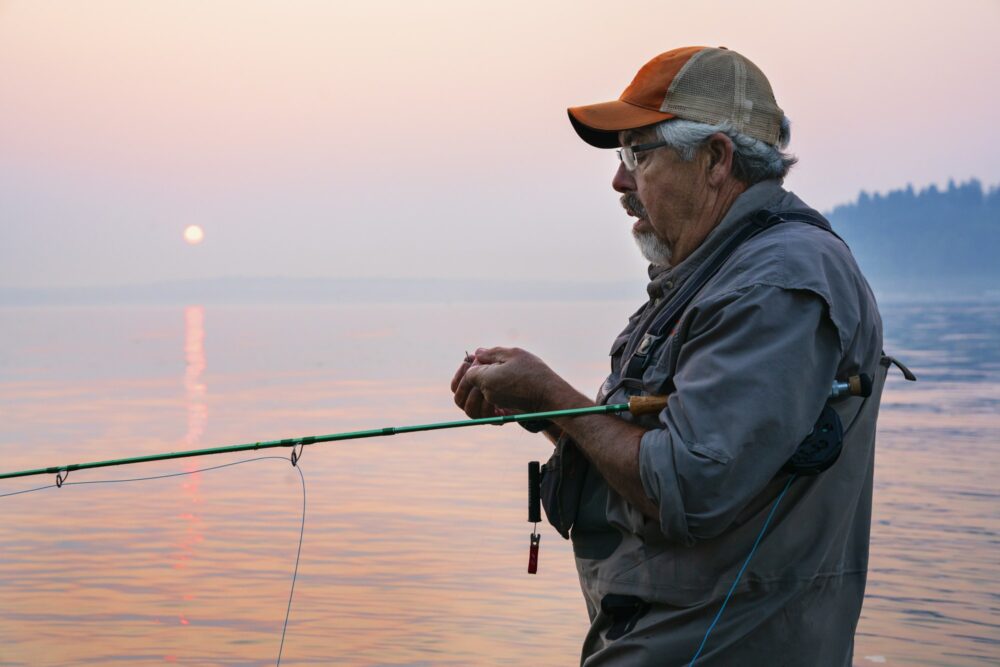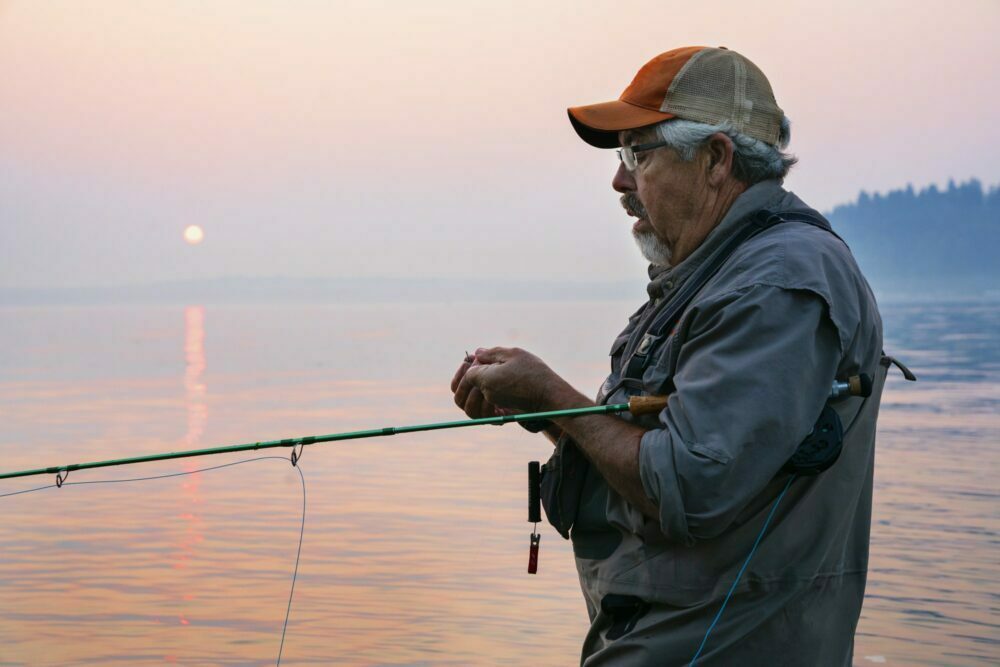
Tying one on.
Make mine a Trilene, please
By Skip Clement
The Trilene Knot is the strongest terminal knot [you might know of one better] tested in these trusted facilities, International Game Fish Association [IGFA], Berkley, and RIO Products. Its tested strength as low as 99% [Monofilament – Braid – Fluorocarbon – Copolymer] or more than 100% of the tensile strength of the material it was tied on.
Tag ends and snot
Annoying enough to cause cursing, and more times than sometimes, the tag end of any number of terminal or linking-line fly fishing knots will pick up algae debris. All it takes is a small piece of greenish algae to hitch onto the fly when pulled out of the water, unnoticed. Then the recast, at which point it is set free to wobble attached to the fly – as if a piece of green snot dangling from a hot out of the oven chocolate chip cookie. Any self-respecting trout, tarpon, bass, or snook will perpetually refuse such a fly – just as you would any snot-laden chocolate chip cookie.
I bet the Trilene is tough to tie?
Au contraire, the Trilene is more straightforward to tie than the Clinch Knot you grew up with, thinking it was grandpa’s knot so, good enough. As many have come to understand, the clinch is fine for small stream trout and panfish, but its tag suspect on larger game fish – always being the catcher of debris because of that ‘required’ damn tag.







